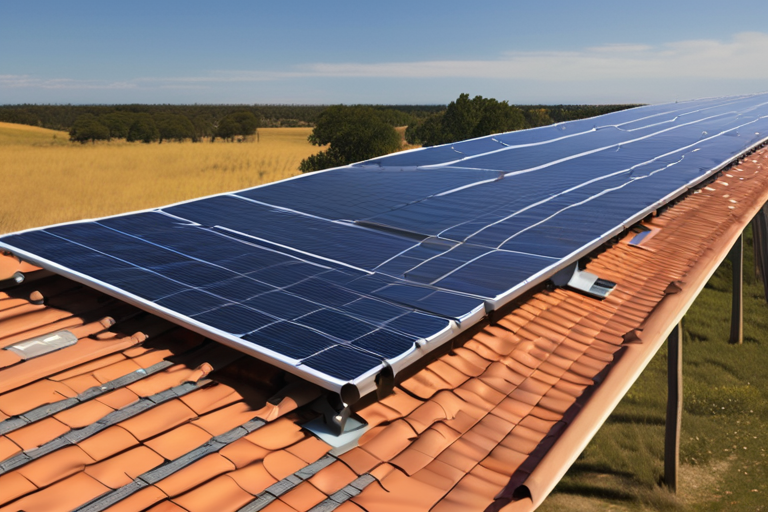"EPA Sued Over Shocking Axing of $7B Solar Program for Low-Income Families"


Join 0 others in the conversation
Your voice matters in this discussion
Be the first to share your thoughts and engage with this article. Your perspective matters!
Discover articles from our community

 Hoppi
Hoppi

 Hoppi
Hoppi

 Hoppi
Hoppi

 Hoppi
Hoppi

 Hoppi
Hoppi

 Hoppi
Hoppi

Brazil's President Asks US to Scrap Tariffs in 'Friendly' Call with Trump RIO DE JANEIRO, Brazil (AP) — In a …

Hoppi

Drake, Lady Gaga, Tame Impala, and the Future of Music: A New Era of Collaboration In a week marked by …

Hoppi

Eminem Blocked from No. 1 Spot on Rap Digital Song Sales Chart In a surprising turn of events, Eminem's latest …

Hoppi

U.S. President Donald Trump claimed the country has more leverage over China on trade, citing rare earth magnets as a …

Hoppi

Devon Walker Exits 'SNL' After 3 Seasons, Recalls 'Toxic' Experience Comedian Devon Walker announced his departure from Saturday Night Live …

Hoppi

India and Pakistan Share Flood Risks, Must Combine Solutions The devastating monsoon floods that have ravaged the Punjab region of …

Hoppi